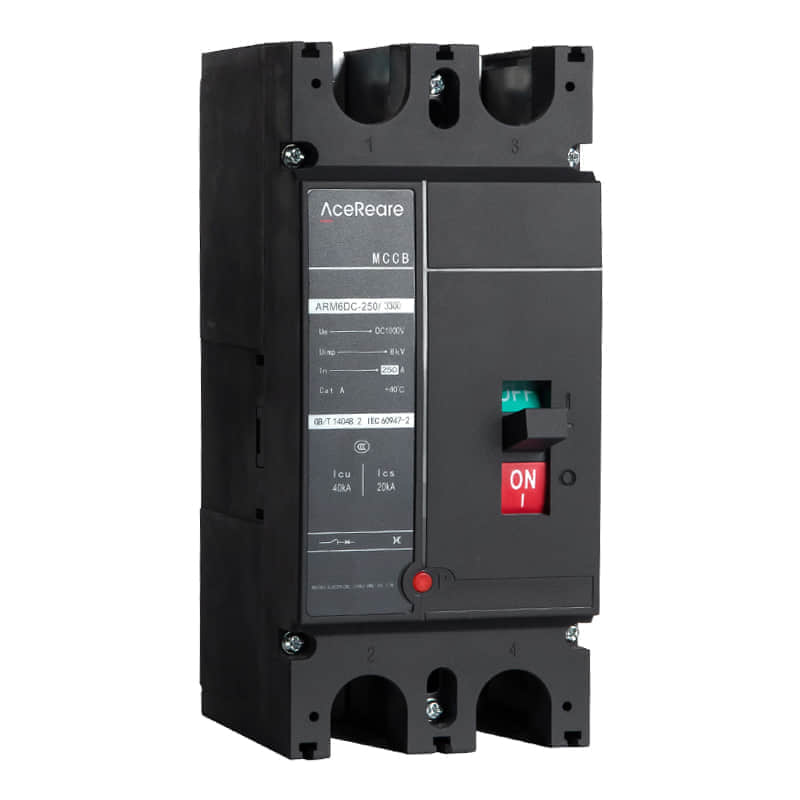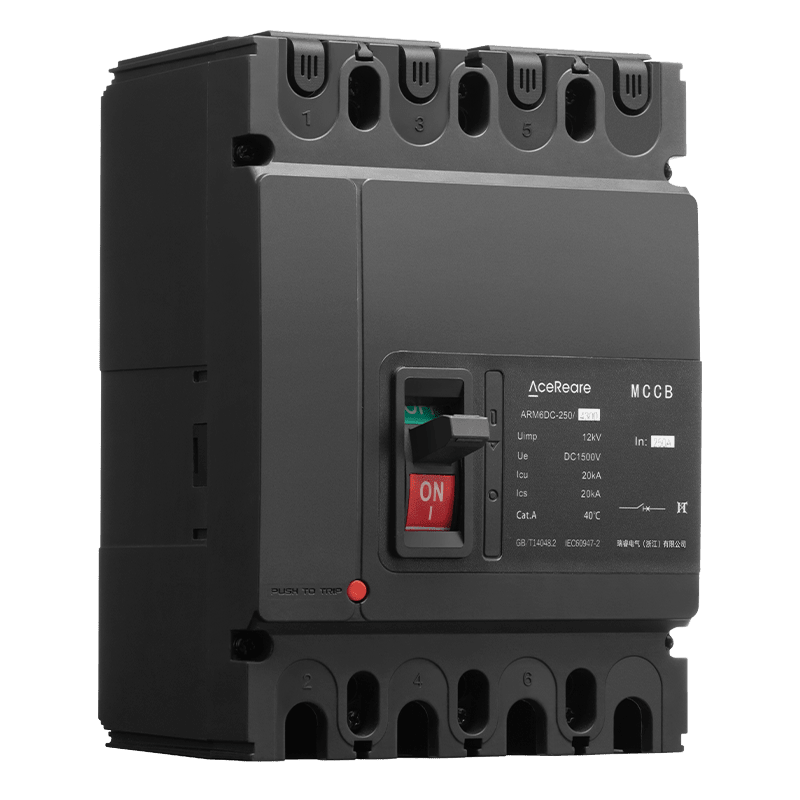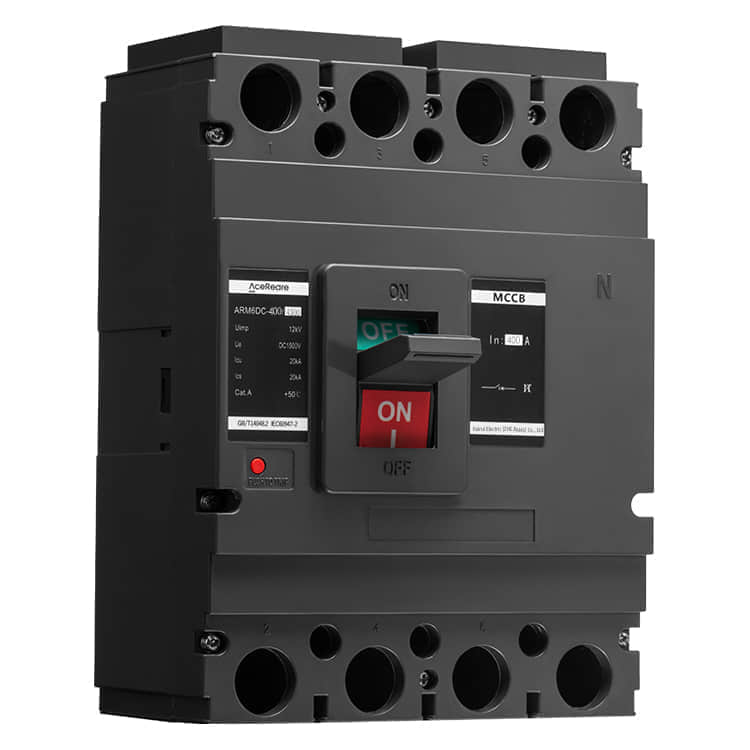In recent years, the adoption of photovoltaic (PV) systems has seen a significant surge as the world moves towards cleaner and more sustainable energy sources. PV systems harness the power of the sun to generate electricity, making them a crucial component of the renewable energy landscape. However, ensuring the safety and reliability of PV installations is of paramount importance. One vital element in the protection and control of PV systems is the Moulded Case Circuit Breaker (MCCB).

MCCBs: Guardians of Photovoltaic Systems

MCCBs are circuit protection devices that are widely used in various electrical applications, including PV systems. These breakers are designed to safeguard electrical circuits and equipment by providing overcurrent protection and preventing short circuits. In the context of PV installations, MCCBs play several crucial roles: 1. Overcurrent Protection PV systems are subject to various environmental factors such as dust, debris, and temperature fluctuations. These conditions can lead to faults in the system, causing overcurrent situations that may damage the equipment or even pose a fire hazard. MCCBs are instrumental in detecting and responding to such overcurrent events promptly. They interrupt the circuit when the current exceeds safe levels, preventing damage and ensuring system integrity. 2. Short Circuit Protection Short circuits can occur in PV systems due to factors like wiring faults or equipment malfunction. These faults can result in dangerously high currents that may damage the PV panels, inverters, or other components. MCCBs are designed to rapidly disconnect the circuit in the event of a short circuit, reducing the risk of extensive damage and enhancing overall safety. 3. Remote Control and Monitoring Modern MCCBs are equipped with advanced features like remote control and monitoring capabilities. In PV installations, this remote functionality allows operators to quickly isolate specific parts of the system in case of maintenance or troubleshooting needs. Remote monitoring provides real-time data on the status of the MCCB and the circuit, enhancing the overall reliability of the PV system. 4. Customized Protection PV systems vary in size and complexity, and so do their protection requirements. MCCBs come in a range of sizes and trip characteristics, allowing for customized protection tailored to the specific needs of the PV installation. This flexibility ensures that the MCCB is appropriately sized and configured to protect the system effectively. Choosing the Right MCCB for Your PV System Selecting the appropriate MCCB for a PV system is a critical decision. Here are some key factors to consider: 1. Current Rating Ensure that the MCCB’s current rating matches the maximum current expected in the PV system. Undersized breakers may trip unnecessarily, while oversized ones may not provide adequate protection. 2. Trip Characteristics Different MCCBs offer various trip characteristics, such as thermal-magnetic, electronic, or adjustable settings. The choice depends on the specific needs of the PV system and its expected load variations. 3. Environmental Considerations PV systems often operate in outdoor environments with exposure to heat, cold, and moisture. Select MCCBs that are designed to withstand these conditions and have appropriate environmental ratings. 4. Remote Monitoring Capability Consider whether remote control and monitoring features are necessary for your PV system, especially if it’s a large or complex installation that may require frequent maintenance and supervision. Conclusion Moulded Case Circuit Breakers (MCCBs) are indispensable guardians of photovoltaic (PV) systems, ensuring their safe and reliable operation. These devices provide vital overcurrent and short circuit protection while offering flexibility and remote control options tailored to the specific needs of each PV installation. As the world continues to embrace renewable energy sources like solar power, the role of MCCBs in safeguarding PV systems remains crucial, contributing to a sustainable and environmentally friendly future.
